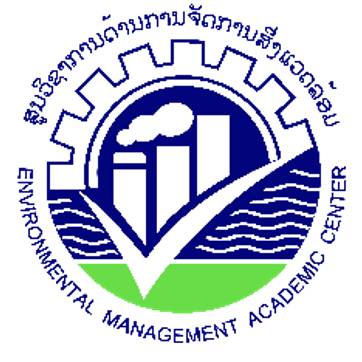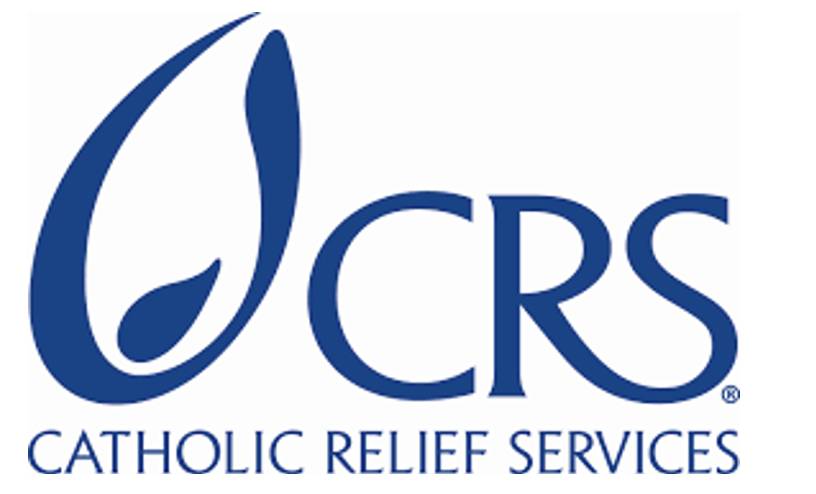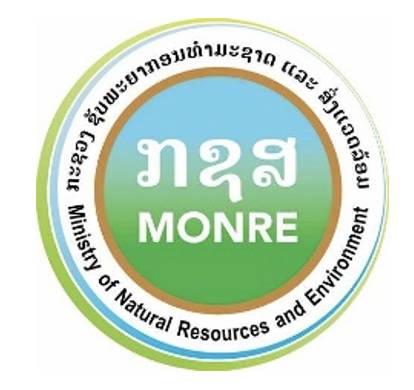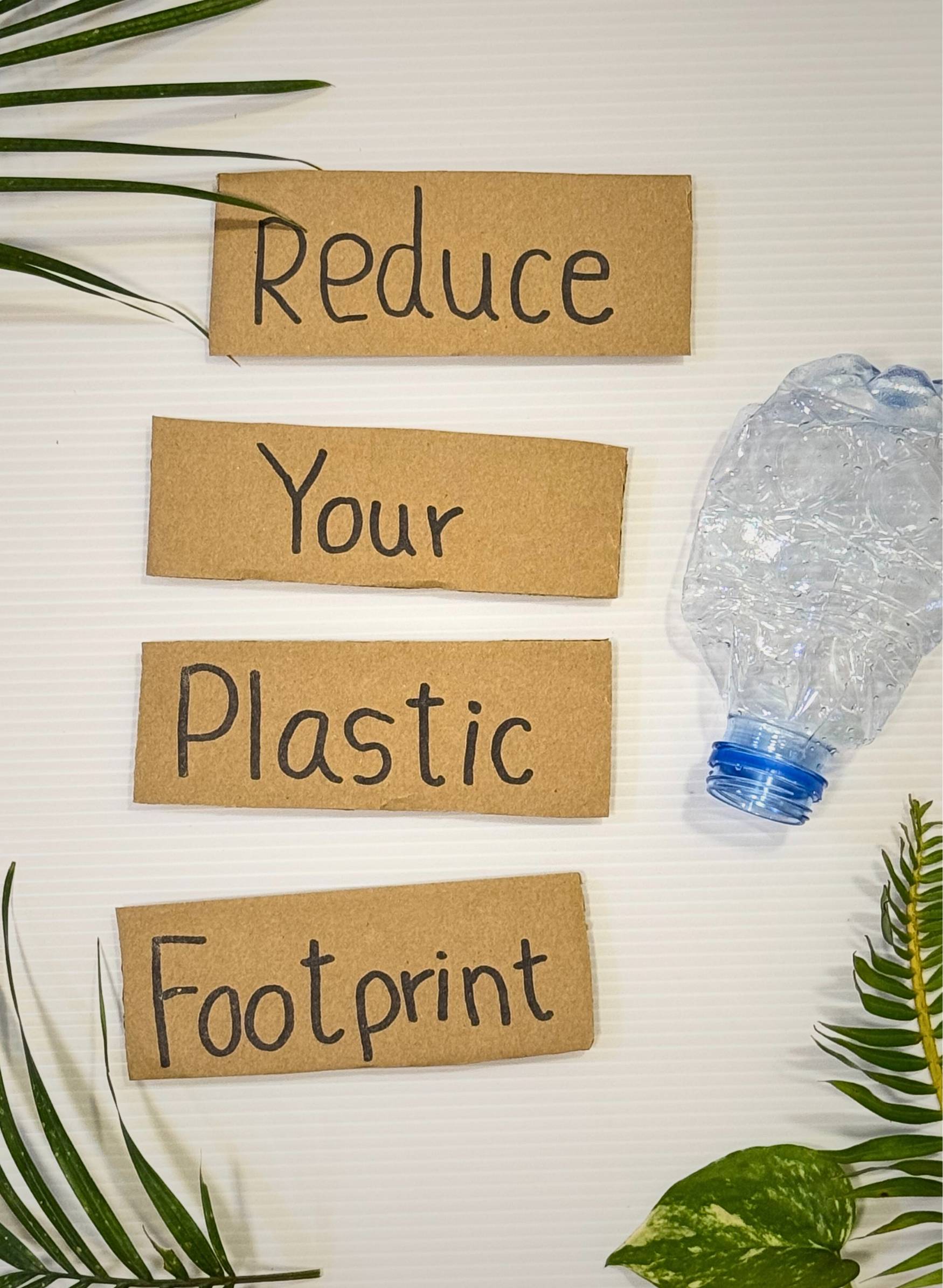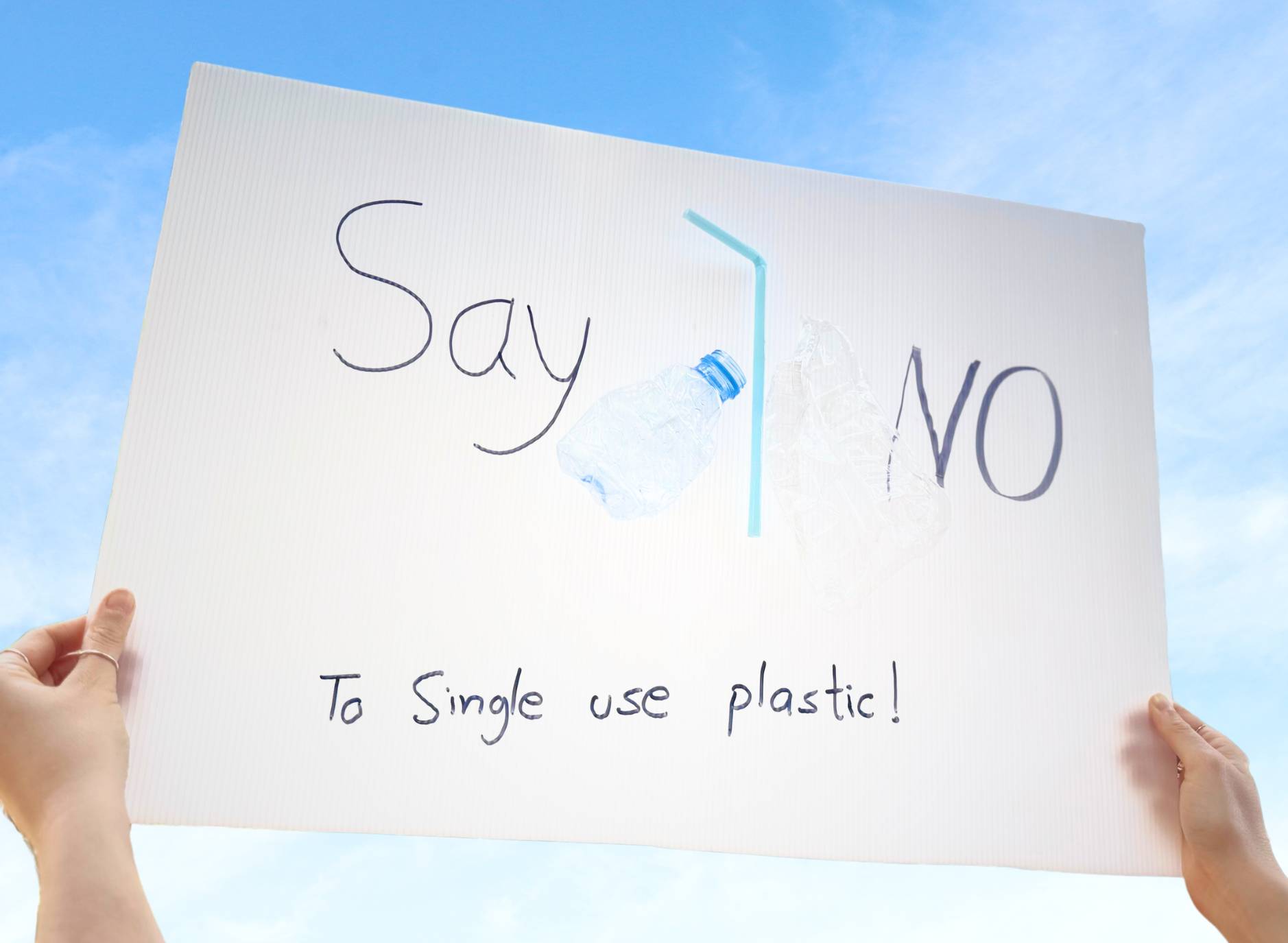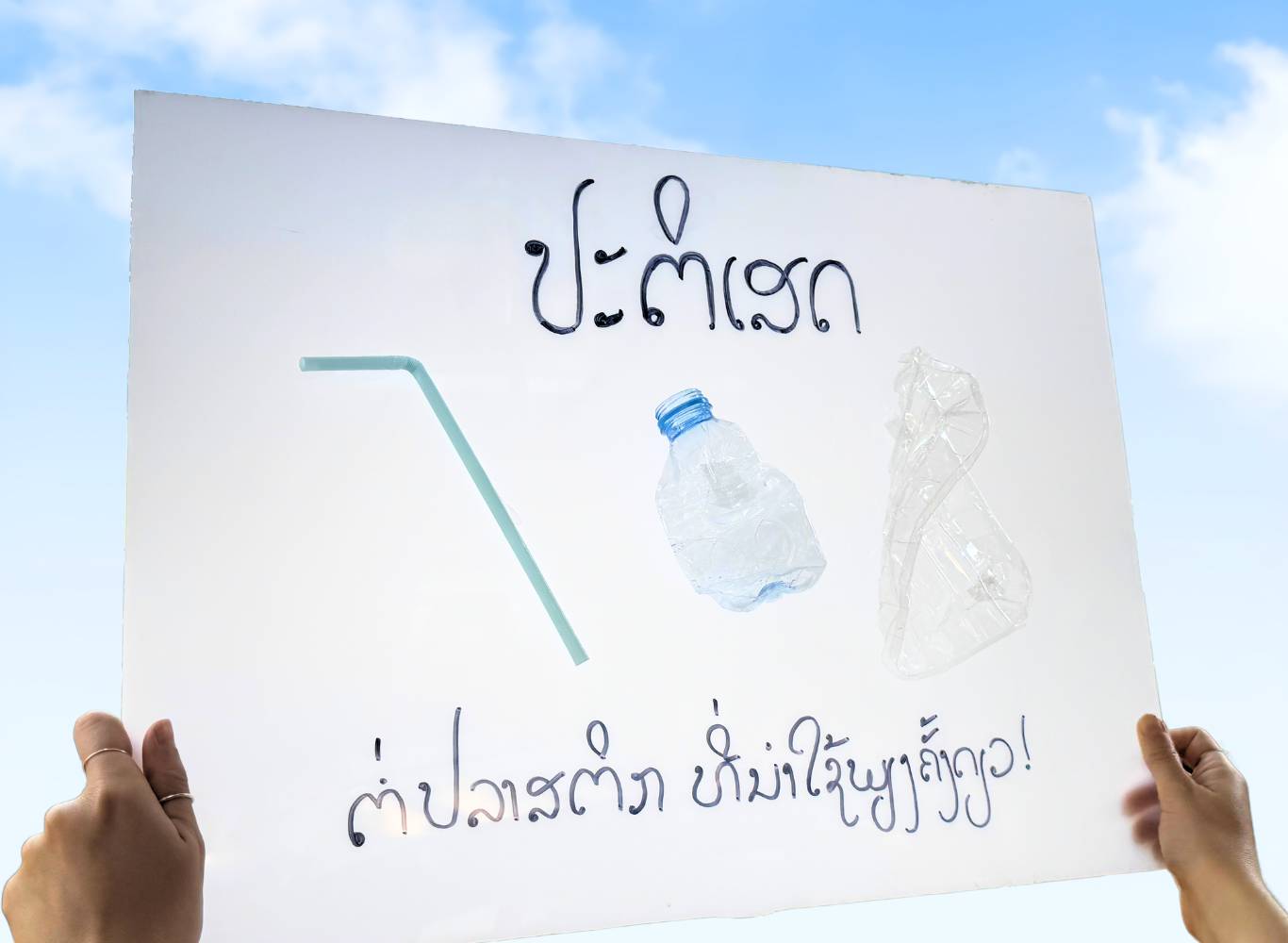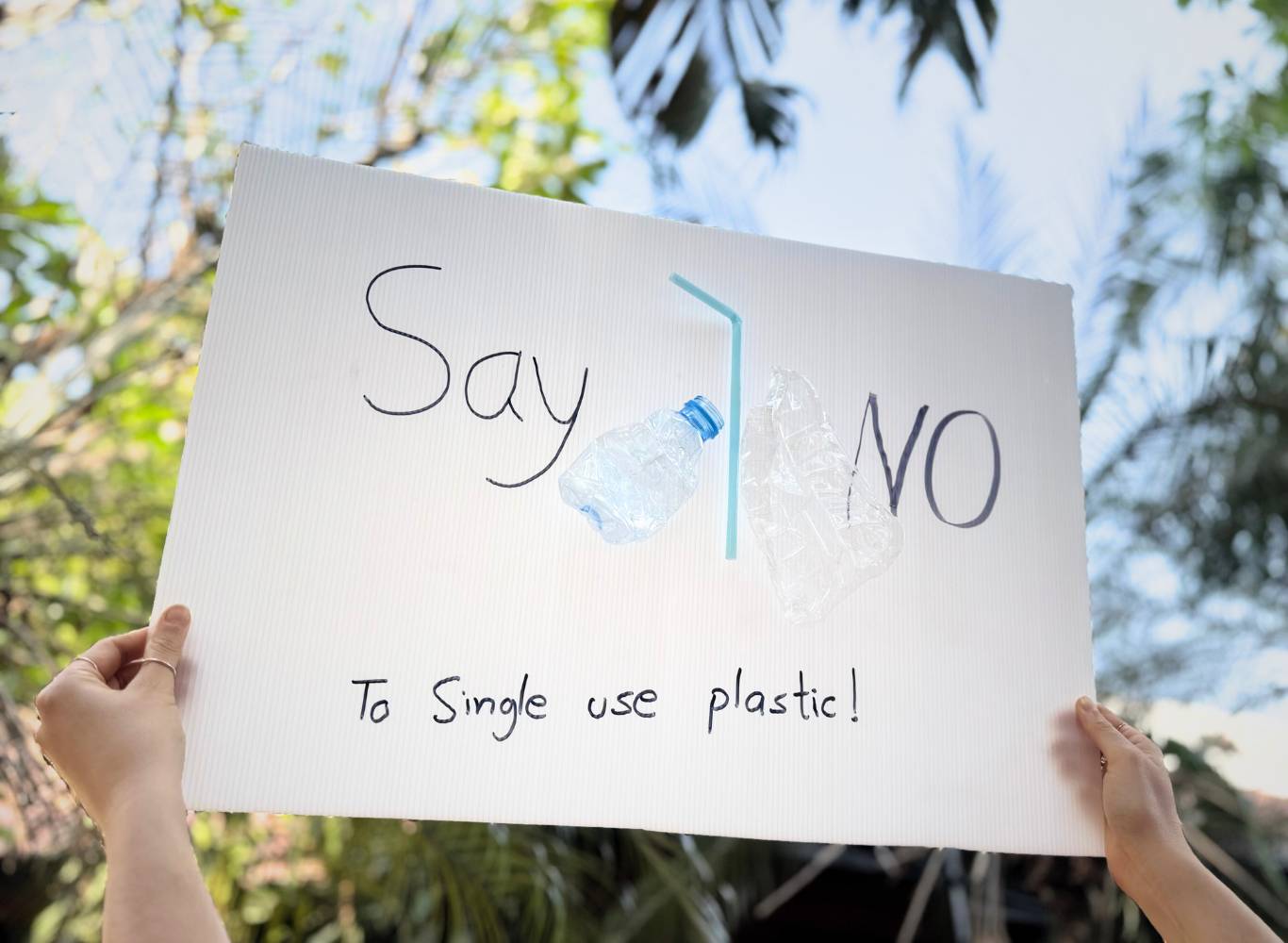
The Challenge
Lao PDR is experiencing rapid urbanization and shifting consumption trends, leading to a significant increase in plastic waste generation. Alarmingly, 95% of plastic pollution in the country originates from just ten types, all single-use plastic items, with food and beverage packaging being major contributors. Existing waste management systems are unable to fully handle the growing volume of urban plastic waste, resulting in widespread practices of open dumping, burning, and littering, with less than 10% of plastic waste being collected for recycling. The environmental consequences are severe: plastic waste leaks into ecosystems, pollutes waterways like the Mekong River, and creates significant economic, environmental, and public health risks.
At the heart of this issue is the unsustainable consumption of single-use plastics and the ineffective management of plastic waste, exacerbated by several interconnected challenges. A general lack of awareness and public participation in tackling plastic pollution limits collective action and engagement with potential solutions. Additionally, inadequate post-use management systems prevent effective collection and recycling, further aggravating waste accumulation. The situation is compounded by the limited availability of viable alternatives to commonly used single-use plastics, making it difficult for consumers and businesses to transition toward more sustainable options. Moreover, underdeveloped green finance opportunities hinder investment in sustainable waste management infrastructure and circular economy initiatives. Finally, gaps in data, fragmented planning, and insufficient stakeholder engagement weaken coordinated efforts to address plastic waste, making long-term solutions difficult to implement. Without urgent intervention, these challenges will continue to drive plastic pollution, exacerbating environmental degradation and socio-economic risks across the country.
The Objectives
The EMP-ACT (Empowering to Act for Circular Transition in Plastics in Lao PDR) project focuses on fostering low-carbon practices and promoting sustainable consumption and production. Its primary goal is to support Lao PDR in reducing single-use plastic consumption and mitigating plastic pollution, in line with the country’s National Plastic Action Plan 2024–2030. To achieve this, EMP-ACT engages a diverse range of stakeholders, including Laotian micro, small, and medium-sized enterprises (MSMEs), youth associations, women’s groups, universities, formal education institutions, and government authorities. By working collaboratively with these groups, the project seeks to empower food and beverage consumers, drive behavioral change, and inspire collective action toward more sustainable practices.
The project aims to contribute to the green and circular economy in Lao PDR by encouraging consumers to adopt low-carbon, sustainable consumption and production practices within the plastics sector. A key focus is on education and awareness-raising, ensuring that consumers are better informed about the impacts of plastic waste and equipped to reduce their reliance on single-use plastics while actively participating in circular waste management and recycling. Furthermore, the project seeks to enhance the availability of sustainable alternatives, providing consumers with viable options to replace single-use plastic packaging. Another aspect is strengthening policy support for the circular plastic transition, fostering multi-stakeholder dialogue at the sub-national level and generating evidence to inform inclusive policies.
The Way Forward
- Increased public awareness and engagement in preventing single-use plastic pollution and promoting recycling.
- Delivery of youth-led educational resources on the impacts of plastic pollution.
- Upgraded municipal waste management infrastructure and enhanced capacity for plastic recycling.
- Gender-responsive analysis of single-use plastic consumption and viable alternatives.
- Establishment of circular economy business demonstration hubs that pilot eco-friendly alternatives to single-use plastics.
- Increased adoption of sustainable practices by MSMEs, including achieving plastic-free certification and sustainability labeling.
- Activation of partnerships and policy dialogues to mobilize funding and facilitate knowledge exchange for a circular and low-carbon plastic sector.
- Development of an evidence-based policy package to guide a non-linear, circular approach for sustainable plastics management.
Relation to European Green Deal, Circular Economy and Climate Change
The EMP-ACT project directly supports the European Green Deal by addressing key environmental priorities such as reducing pollution, moving towards a circular economy, and improving waste management. By tackling the issue of single-use plastics in Lao PDR, the project contributes to reducing plastic pollution in air, water, and soil, thereby protecting the environment. These efforts are in line with the EU’s goal to reduce greenhouse gas emissions and address climate change through sustainable policies and practices. The project leverages partnerships established through the EU SWITCH-Asia Programme and related networks to amplify its impact.
Duration:
1 January 2025 – 31 December 2028Total Budget:
EUR 1,497,200 EUR (EU Contribution 90%)Contact Detail:
Mrs. Phonsavath Latdavanh
Project Manager, Catholic Relief Services (CRS)
Lead Partners
Partners
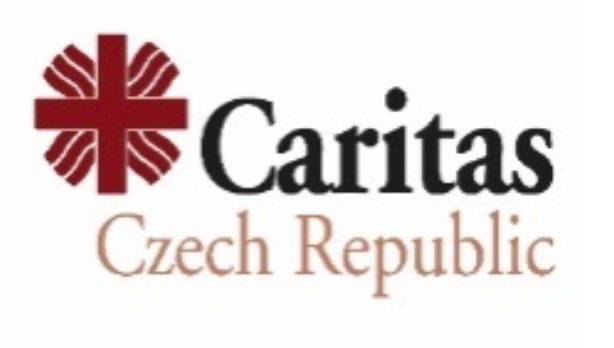
Caritas Czech Republic
